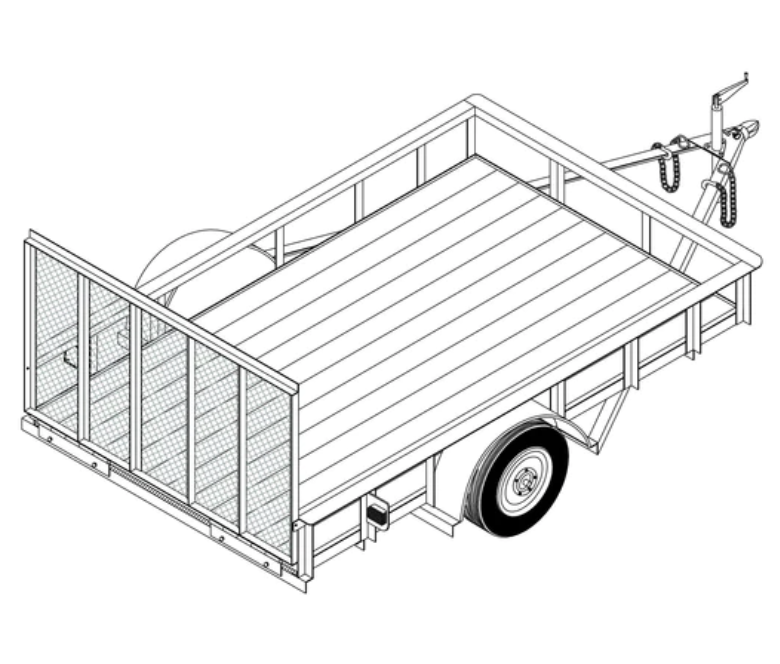Information
-
Audit Title
-
Document No.
-
Client / Site
-
Conducted on
-
Prepared by
-
Location
-
Personnel
Security Doors
-
At the entry/exits?<br>(security doors deter intruders from entering the property)
-
Finger guards?<br>(finger guards prevent the lock on the security door/s being tampered with)
-
Triple locks?<br>(triple locks increase the strength and security level of the doors)
Main Entry/Exit Doors
-
Front - solid core?<br>(solid doors are preferred; the door should be as strong as the lock)
-
Front - viewer?<br>(door viewers help you see who is outside the front door before it is opened)
-
Back - solid core?<br>(solid doors are preferred; hollow core doors should be avoided)
-
Adequate locks?<br>(dead locks are the best type of lock to use on entry/exit doors)
-
Keyed alike?<br>(for safety and ease of use, one key opens all doors)
Sliding Doors
-
Patio bolts?<br>(keyed patio bolts on sliding doors strengthen the level of security of these doors)
Windows
-
Key operated locks?<br>(key operated locks strengthen the level of security of the windows)
-
Keyed alike?<br>(for safety and ease of use, one key opens all windows)
-
Security screens?<br>(security screens, grills and shutters allow ventilation and can provide security)
-
Warning stickers?<br>(warning stickers may deter intruders from stealing property)
Lighting
-
Main entry/exits?<br>(the main entry/exit areas to the property should be well lit)
-
Timers fitted?<br>(lights left on inside the property deter when not there often deter intruders)
-
Timers used?<br>(timers should be activated when away from the property at night)
-
Sensor lighting?<br>(sensor lighting in 'high risk' areas deter intruders from entering the property)
Other Safety Considerations
-
Clear vision?<br>(clearly see all doors and windows from outside)
-
Trees/shrubbery trimmed?<br>(trees/shrubs that conceal doors and windows from being observed from the street)
-
Garage/shed secure?<br>(securely locked at all times)
-
Tools secure?<br>(lock tools away to prevent an intruder using them to get into the property)
-
Wheelie bins/industrial bins secured?<br>(lock or chain bins to a fixed structure away from the building to prevent an intruder using them to climb into the property)
-
Gates to property secured?<br>(lock gates with a keyed padlock to prevent access by intruders)
-
Meter box secured?<br>(lock the meter box to prevent intruders cutting off the power to the property - contact your electricity provider)
-
Property numbers?<br>(clearly visible from the road for Emergency Services to easily find the property)
-
Smoke alarms?<br>(install smoke alarm/s, replace batteries every 12 months and develop an emergency evacuation plan)
-
Security alarms?<br>(electronic security alarm systems deter intruders from entering the property)
-
Safe disposal of personal/confidential documents?<br>(all documents/paperwork containing personal/confidential details, e.g. Old phone bills, medical invoices, power bills, rates notices, should be totally destroyed before being placed in the bin for rubbish collection. This will help protect people from identity theft. For more information on this www.crimeprevention.gov.au)
Property Marking
-
Engraved with code?<br>(property engraving and using WARNING stickers on the property reduces the risk of it being stolen)
-
Code recorded?<br>(property ID code should be recorded with police to assist them to contact owners of recovered items)
-
Inventory list?<br>(recording serial numbers, makes and descriptions of property helps police recover stolen items and will assist in making an insurance claim. Photographs of items and store somewhere safe is also an option)
Personal Security on the Property
-
Keep information about security arrangements private?<br>(be aware of providing information about the property security arrangements to people that do not need to know this information. Highlighting security weaknesses to others could be detrimental)
-
Keep information about personal arrangements private?<br>(information about bank accounts and balances and personal particulars including living arrangements should not be disclosed unnecessarily. Be conscious of also providing information to others about planning absences from the property)
-
Store valuable out of sight and reach from outside?<br>(opportunistic thefts can occur when valuables are in clear view and within easy reach. Valuable are best stored out of site and in a secure location)
-
Important numbers stored in the phone?<br>(have local police station phone numbers stored in the phone makes it easier to dial, especially in the dark. 000 can also be stored for use in emergencies. It is also useful to store the phone numbers of other important people for use by Emergency Services in the event of an incident)












